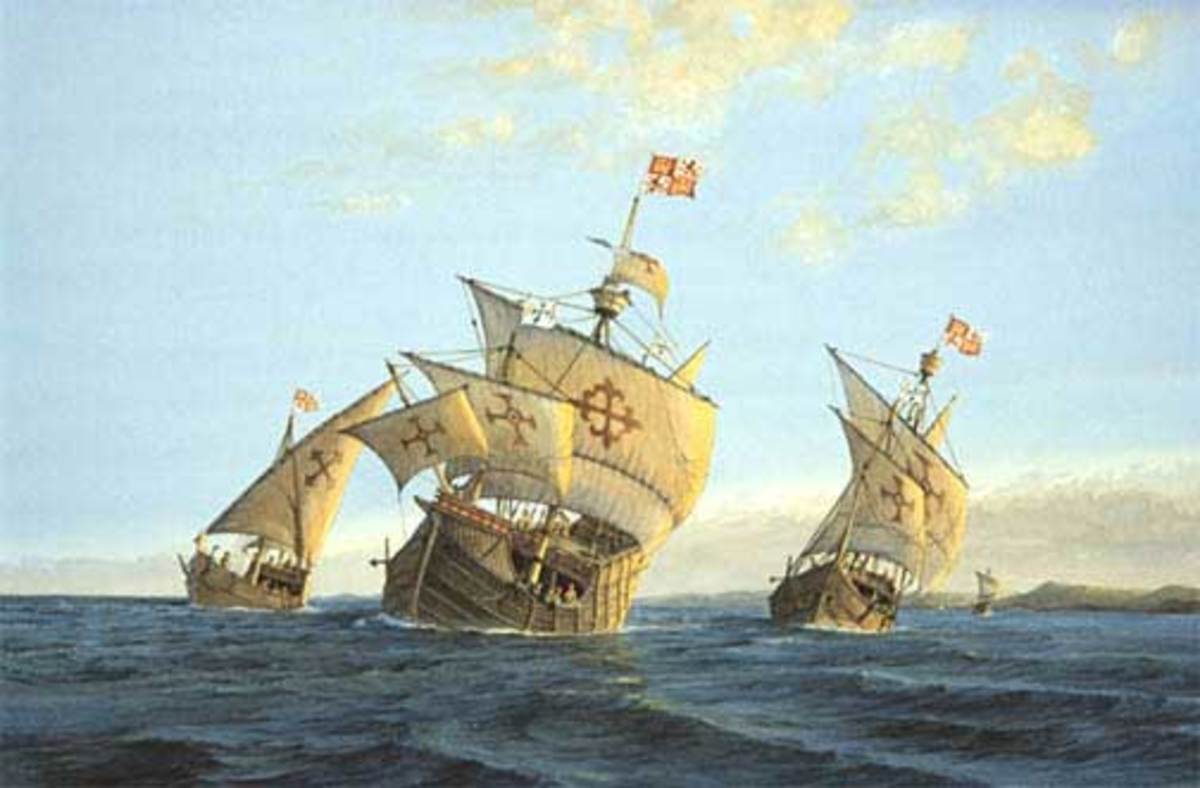Columbus Day: A Holiday To Celebrate or A Day of Genocide?

October 6, 2018
Columbus Day: A Holiday To Celebrate or A Day of Genocide?
synopsis
The explorer Christopher Columbus made four trips across the Atlantic Ocean from Spain: in 1492, 1493, 1498 and 1502. He was determined to find a direct water route west from Europe to Asia, but he never did. Instead, he accidentally stumbled upon the Americas. Though he did not really “discover” the New World—millions of people already lived there—his journeys marked the beginning of centuries of transatlantic conquest and colonization.

Sailing West
On August 3, 1492, Columbus and his crew set sail from Spain in three ships: the Nina, the Pinta and the Santa Maria. On October 12, the ships made landfall—not in Asia, as Columbus assumed, but on one of the Bahamian islands.
Purpose
Columbus wanted to find a new route to India, China, Japan and the Spice Islands. … Columbus knew that the world was round and realized that by sailing west, instead of east around the coast of Africa, as other explorers at the time were doing, he would still reach his destination.
Christopher Columbus: Early Life
Christopher Columbus was born in Genoa, Italy, in the year 1451; Historians are unsure when was Columbus’s birth date. When he was still a teenager, he got a job on a merchant ship. He remained at sea until 1470, when French privateers attacked his ship as it sailed north along the Portuguese coast. The boat sank, but the young Columbus floated to shore on a scrap of wood and made his way to Lisbon, where he studied mathematics, astronomy, cartography and navigation.
The Effects of The Old World Meeting The New World
The Columbian exchange, also known as the Columbian interchange, named for Christopher Columbus, was the widespread transfer of plants, animals, culture, human populations, technology, and ideas between the Americas, West Africa, and the Old World in the 15th and 16th centuries. The Columbian Exchange had both positive and negative aspects. For the native people who thrived in the Americas before the Europeans arrived, the cumulative effect was negative. Entire populations were wiped out by warfare and European diseases like smallpox.


